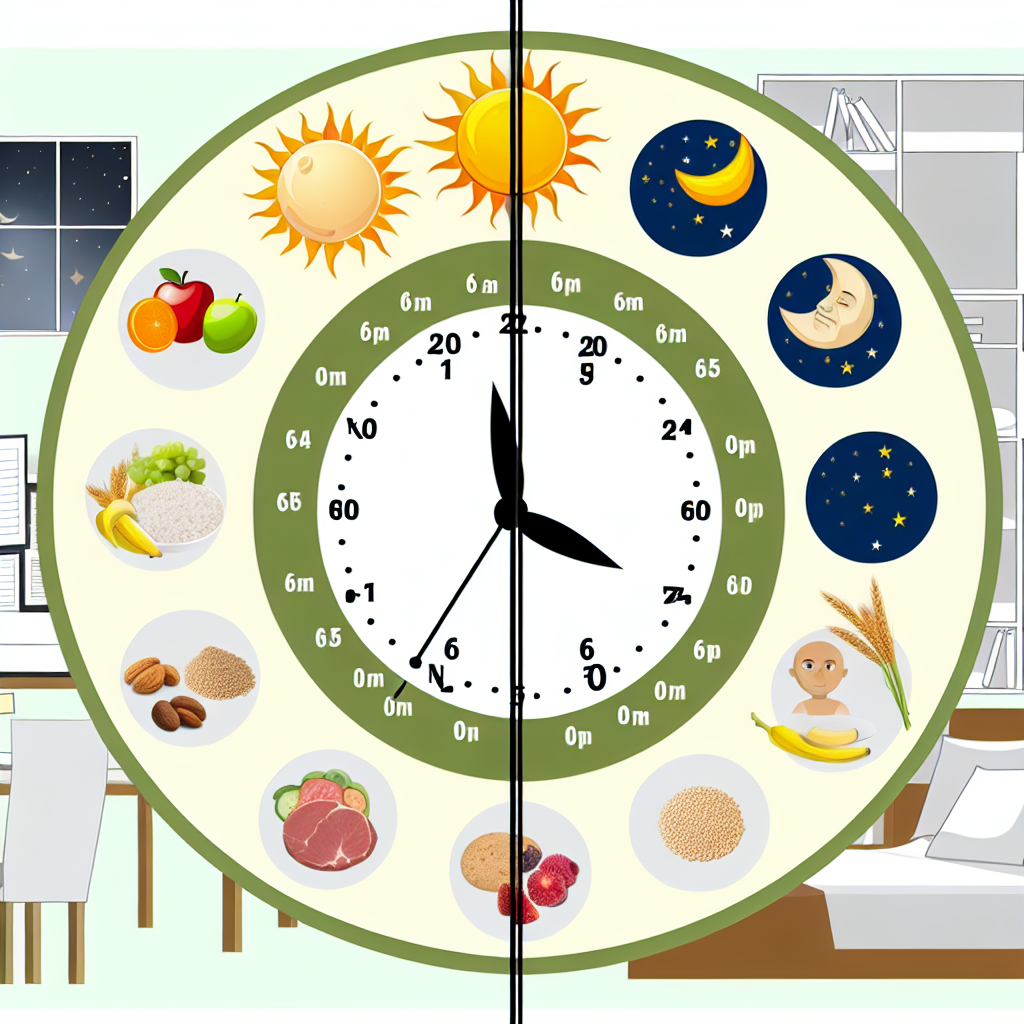The findings of certain studies point to a possible connection between processed foods and chronic insomnia; nevertheless, additional research is required to establish a cause-and-effect relationship between the two. So far, this is what we have learned:
Research points to a possible connection: A comprehensive study published in the Journal of the Academy of Nutrition and Dietetics showed that an increased consumption of ultra-processed foods (UPFs) is associated with an increased risk of chronic insomnia.
For the definition of ultra-processed foods (UPFs), extensive modification has significantly improved the convenience, flavor, and shelf life of these items. Packaged snacks, quick noodles, sugary drinks, and processed meats are all examples of processed foods.
Possible explanations for the connection: Even though the precise causes for the correlation are still being investigated, several hypotheses include the following:
Sugar content: Consuming a high amount of sugar can disrupt the regulation of blood sugar, which may, therefore, result in energy crashes and sleep difficulties.
The changes in blood sugar that refined carbs can cause are comparable to those caused by sugar.
Nutrient insufficiency: UPFs are frequently deficient in key nutrients like magnesium and tryptophan, both of which are potentially significant for regulating sleep.
These components may provide a momentary boost in energy.
There is a possibility that certain dietary additives have stimulating effects, which could make it difficult to fall or stay asleep. Several other additives, including preservatives, artificial sweeteners, and even some flavoring ingredients, can produce these stimulating effects with their presence.
For example, preservatives are frequently utilized to lengthen the period that processed goods can be stored. On the other hand, it has been shown that several popular preservatives, such as sodium benzoate and potassium sorbate, might have a modest stimulant effect, particularly when they are consumed in large doses. Because these stimulants have the potential to disturb the body’s natural sleep-wake cycle, they can make it more challenging to fall asleep and to remain asleep.
In a similar vein, the use of artificial sweeteners such as aspartame and saccharin has been linked to an increase in sensations of alertness and wakefulness. These sugar replacements may interact with neurotransmitters in the brain, causing a state of heightened arousal that can interfere with the onset of sleep. The specific mechanisms underlying this interaction are not completely understood.
Citrus or mint extracts, for example, are natural flavoring ingredients that can have stimulating qualities due to chemicals such as caffeine or menthol.
These components may provide a momentary boost in energy. Still, they may also make it difficult to fall asleep and stay asleep, particularly when ingested very close to the time one is supposed to go to bed.
Those who have trouble sleeping should consider the types of additives present in their diet. It is possible for individuals to improve the quality and length of their sleep by identifying and limiting the consumption of additives that have the potential to stimulate their brain activity, particularly in the hours preceding bedtime.
You should strive to reduce the overall amount of processed foods you consume.
The study stated before was observational, which means that it cannot show beyond a reasonable doubt that UPFs cause sleeplessness without further investigation. Sleep issues can also be caused by other things, such as stress, worry, and excessive time spent in front of a screen.
Advice and suggestions:
Concentrate on maintaining a healthy diet by prioritizing whole and unprocessed foods, such as fruits, vegetables, whole grains, and sources of lean protein.
Although it is acceptable to indulge in processed foods on occasion, you should strive to reduce the overall amount of processed foods you consume.
Talk to your physician: If you have any reason to believe that your food may cause your sleeplessness, talk to your physician. In addition to recommending dietary adjustments or other treatment alternatives, they can assist you in evaluating the general health of your sleep.

Dominic E. is a passionate filmmaker navigating the exciting intersection of art and science. By day, he delves into the complexities of the human body as a full-time medical writer, meticulously translating intricate medical concepts into accessible and engaging narratives. By night, he explores the boundless realm of cinematic storytelling, crafting narratives that evoke emotion and challenge perspectives.
Film Student and Full-time Medical Writer for ContentVendor.com




